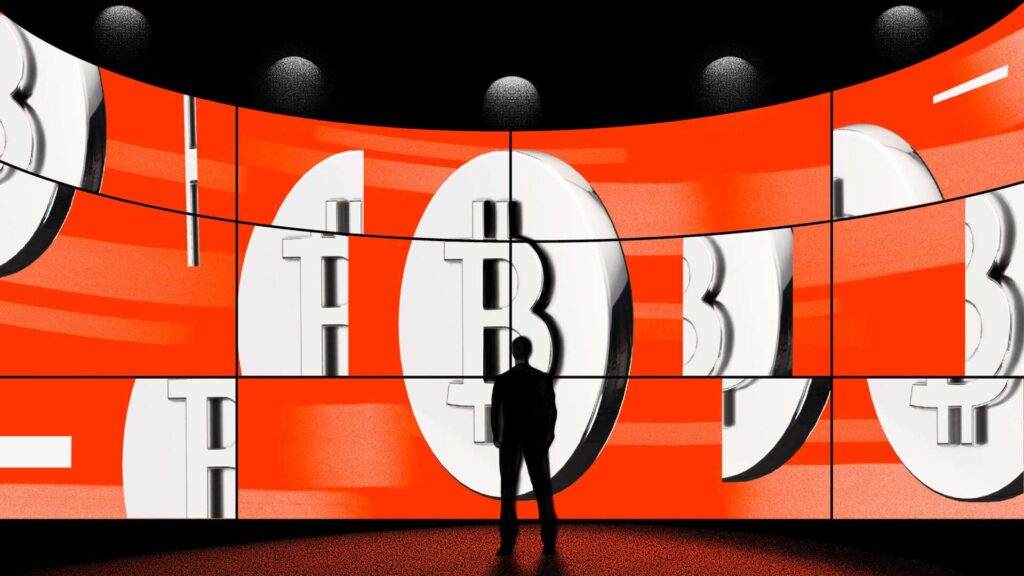Bitcoin turns 17 this week, but it’s no longer a fringe experiment but a pillar of global finance. The Bitcoin Whitepaper, published by Satoshi Nakamoto on October 31, 2008, laid the foundation for a peer-to-peer digital currency with no intermediaries.
Seventeen years later, its reach has expanded to include governments, large corporations, and institutional investors.
Sponsored Sponsored
How Bitcoin started as a rebellion
Once dismissed as “hacker’s money,” Bitcoin is now part of the portfolios of some of the world’s largest financial companies.
BlackRock alone holds about 3% of the circulating supply of Bitcoin, and listed companies collectively hold over 725,000 BTC.
Private companies hold an additional 300,000 BTC, reflecting how deeply cryptocurrencies have penetrated corporate finances.
Lipio co-founder and CEO Sebastian Serrano said Bitcoin’s evolution has vindicated its early believers.
“When we started Ripio in 2013, we knew the impact would be immense, and time has proven that,” he said. “Seventeen years after the White Paper, its results are undeniable.”
Sponsored Sponsored
Government also participates
Bitcoin’s scope has now extended to state treasuries. Approximately 31% of that supply is held by centralized entities such as governments, ETFs, and publicly traded companies. This shows clear signs of institutionalization.
El Salvador continues to treat Bitcoin as legal tender and has strengthened its use beyond speculation.
Michael Rihani, head of cryptocurrencies at NuBank, said Bitcoin’s integration into mainstream finance has solidified its status as a legitimate asset class.
“This change bridges traditional and digital finance, expanding both access and trust,” he explained.
Brazil’s B3 exchange is now listing Bitcoin ETFs and BDRs tied to global funds, giving traditional investors new exposure to the asset.
Sponsored Sponsored
Bitcoin is also making its way into the political arena. US President Donald Trump, once a vocal critic, now accepts Bitcoin donations and pledges to make the US a global hub for mining and blockchain innovation.
In Argentina, President Javier Millay has argued that Bitcoin is “money that will be given back to the people” and a bulwark against inflation and financial mismanagement.
Nayib Boucle of El Salvador went further, declaring the currency legal tender and building up a national reserve.
Sponsored Sponsored
Such moves show that Bitcoin has evolved from just a technical topic to a political statement.
For reform-minded leaders, it is a symbol of sovereignty and economic freedom. For regulators, that means disruptive forces being integrated, or contained.
What’s next for Bitcoin?
Bitcoin, which is trading at nearly $110,000, currently faces two paths: consolidation and transformation. As institutional adoption continues to increase, so too does innovation.
Advances such as the Lightning Network and tokenization at Bitcoin’s base layer have the potential to redefine how value moves globally.
All indicators point to the same conclusion. Bitcoin is the most valuable and transparent asset of the past decade, with a limited supply of 21 million coins.


